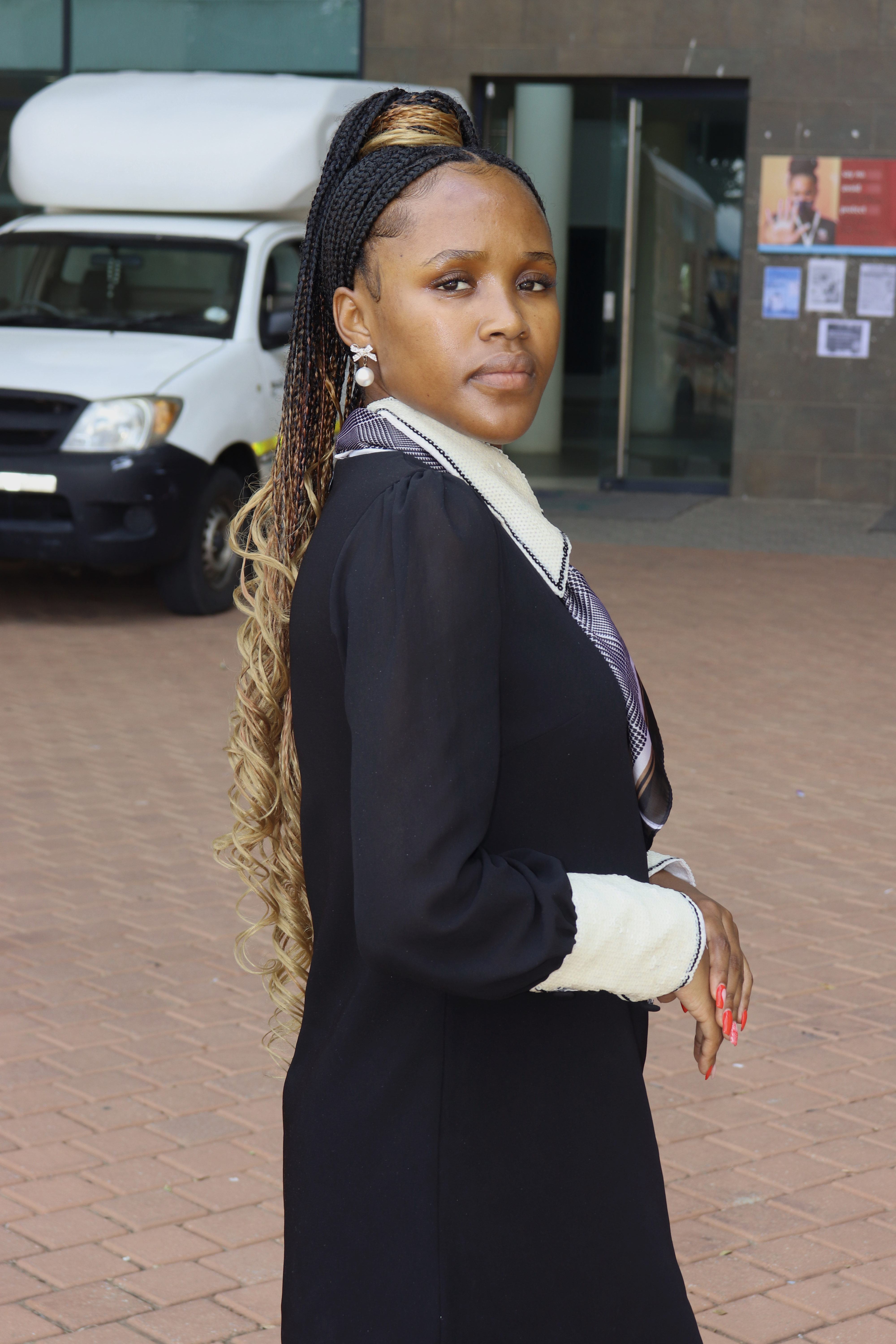Learners with Intellectual Disabilities Gain Money Management Skills Through Aone Onicah Wamakala’s Initiative
 There is no doubt that Aone Onicah Wamakala is on a mission to empower individuals with intellectual disabilities by equipping them with essential financial literacy skills. After observing the challenges they face in managing money and making financial decisions, she took the initiative to develop a programme that teaches budgeting, saving and other basic financial concepts.
There is no doubt that Aone Onicah Wamakala is on a mission to empower individuals with intellectual disabilities by equipping them with essential financial literacy skills. After observing the challenges they face in managing money and making financial decisions, she took the initiative to develop a programme that teaches budgeting, saving and other basic financial concepts.
Currently in her fourth year at the University of Botswana, Aone is pursuing a double major in Special Education, specialising in Intellectual Developmental Disabilities (IDD) and Environmental Science. Her passion lies in creating inclusive learning environments while also addressing broader societal challenges. Through her project on money literacy, she has gained valuable insights into the intersection of education, empowerment and financial independence.
The initiative was born from her deep-seated desire to advocate for individuals with intellectual disabilities and promote their independence. Aone observed that in Botswana, limited access to specialised education, a lack of vocational training opportunities and insufficient community awareness contributed to social exclusion. These barriers hinder individuals with intellectual disabilities from achieving financial independence and full integration into society. Her programme aims to bridge this gap by providing tailored financial education that would enhance their ability to manage money and improve their employability.
Implementing the programme required careful planning, organising resources, conducting training sessions and evaluating progress. However, Aone faced significant challenges particularly limited funding and materials. As a full-time student, balancing academic commitments with running the initiative was another hurdle. To manage this, she set aside dedicated hours each week for the programme and streamlined lessons to be short yet impactful. Another challenge was engaging parents who play a crucial role in reinforcing financial literacy skills at home. To address this, Aone reached out through phone calls and meetings to ensure that families were actively involved in the learning process.
Securing funding for the programme was a key concern. To raise financial support, Aone developed a donation form outlining the programme’s objectives and the specific resources needed. She also wrote a supporting letter explaining the programme’s importance and personally approached local businesses and individuals for contributions. Such direct engagement with the community helped her secure donations, enabling the initiative to move forward.
The programme yielded significant positive outcomes. Participants demonstrated a better understanding of budgeting, saving and managing their money. Families reported increased confidence in their loved ones’ ability to handle personal finances, and the learners themselves showed greater independence in daily activities such as shopping and managing small financial tasks.
Through this experience, Aone learned valuable lessons about the importance of clear communication and accessibility. She underscored the need to create a safe space where individuals feel comfortable asking questions and engaging with financial topics which can often be intimidating.
Looking ahead, Aone plans to sustain and expand the programme by forming partnerships with local organisations, government agencies and businesses to secure long-term support. She also envisions integrating the initiative into school curricula to ensure more individuals benefit from financial literacy education. Furthermore, she hopes to establish a volunteer network to support the programme’s growth while keeping costs manageable.
Her advice to others looking to start similar initiatives is to understand their target audience’s needs and tailor content to be both practical and engaging. She encourages collaboration with experts and other student groups to bring diverse perspectives to the table. Most importantly, she stresses the value of starting small and refining the approach over time. "Even a modest programme can have a lasting impact if executed well," she says.